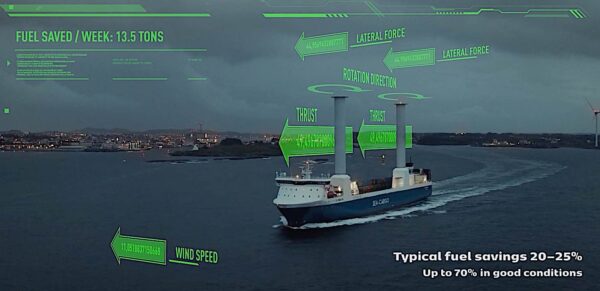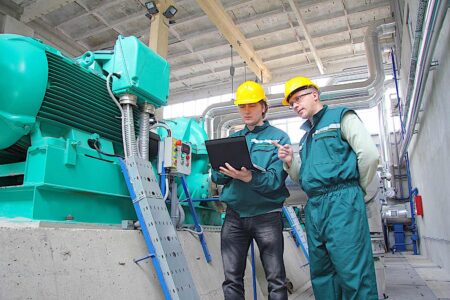Ontario is recognizing the outstanding efforts of local champions doing their part to protect the environment and helping Ontario achieve its commitment to transition to a zero-waste, low-carbon and growing economy.

“We are celebrating the efforts of groups and invididuals who are working hard to protect our environment and fight climate change,” said Glen R. Murray Ontario Minister of Environment and Climate Change.” I hope the work of these local environmental champions will inspire many others to become innovators and help protect Ontario’s environment for many generations to come.”
Each year, the Minister’s Award for Environmental Excellence recognizes individuals, advocacy groups, companies, municipalities and post-secondary institutions in outstanding work and innovation in environmental protection.
Recipients of the 2016 award are taking action to reduce pollution, fight climate change and protect Ontario’s environment for generations to come by:
- Promoting waste reduction and resource recovery by recycling computer parts and using cutting-edge technologies to recharge batteries
- Reducing greenhouse gas pollution by using innovative tools to conserve energy and increasing energy efficiency in the building sector
- Helping prepare for the negative impacts of climate change by increasing the resilience of infrastructure and natural landscapes in cities.

The Recipients this Year
- Battery, Diagnostic and Regeneration Centre employs cutting-edge technology to regenerate old lead acid batteries, making them perform like new again. This process, which uses electricity, protects the environment by eliminating the need for chemicals and reducing the amount of batteries in waste.
- Canada Green Building Council developed a National Energy Benchmarking Framework that provides building owners, policy makers and utility companies with benchmark data to measure and increase energy efficiency and reduce greenhouse gas emissions in the building sector. The framework also supports local and provincial governments in developing energy benchmarking policies and regulations.

- City of Thunder Bay Climate Adaptation Strategy is designed to help the city prepare for, respond to, and recover from the impacts of climate change. The goals, objectives and actions identified in the strategy will guide the city’s preparation for the impacts of climate change, with an emphasis on increasing the resilience of infrastructure and natural landscapes.
- Daniel Leeming, principal at The Planning Partnership, is leading a project that explores innovative, realistic techniques to build affordable housing options that produce minimal carbon emissions. His extensive experience in community development focuses on the links between sustainability, public health and urban design.
- Dell Canada Inc. runs a plastics recycling program that minimizes waste from computer parts by recovering materials and recycling them into parts for new computers and monitors. Since 2014, Dell has sold over 347,000 monitors and desktops from sustainably sourced materials.
- Julia Langer, chief executive officer of the Atmospheric Fund, is leading a team that has been successfully advancing innovative low-carbon solutions for cities. She has held senior leadership positions in the environmental sector for nearly 30 years, including leading a team for Canada’s largest homebuilder to explore sustainability options for communities and establishing campaigns to ban toxic chemicals and advance sustainable agriculture.
- Wilfrid Laurier University is putting in place a series of innovative energy conservation measures across its Waterloo and Brantford locations to reduce energy consumption while improving efficiencies and functionality of space. This project aims to transform the campuses into leading examples of sustainable energy management.
Combating Climate Change
These efforts support the province’s move toward a circular economy, which reuses and recycles valuable materials destined for landfills, protecting the environment while creating new jobs and investment opportunities.
The work of these organizations and individuals also supports the government’s own actions to combat climate change, including putting a cap on pollution and investing all proceeds from the province’s carbon market into programs like energy efficient home retrofits, electric vehicle incentives and new cycling infrastructure to help families, communities and businesses reduce their greenhouse gas emissions.
Protecting our environment and fighting climate change is part of our plan to create jobs, grow our economy and help people in their everyday lives.
Quick Facts
- Since 2011, the Minister’s Award for Environmental Excellence has recognized 38 recipients.
- On May 18, 2016, Ontario passed landmark climate change legislation that ensures the province is accountable for responsibly and transparently investing proceeds from the cap and trade program.
- The Climate Change Action Plan and the cap and trade program form the backbone of Ontario’s strategy to cut greenhouse gas pollution to 15 per cent below 1990 levels by 2020.































